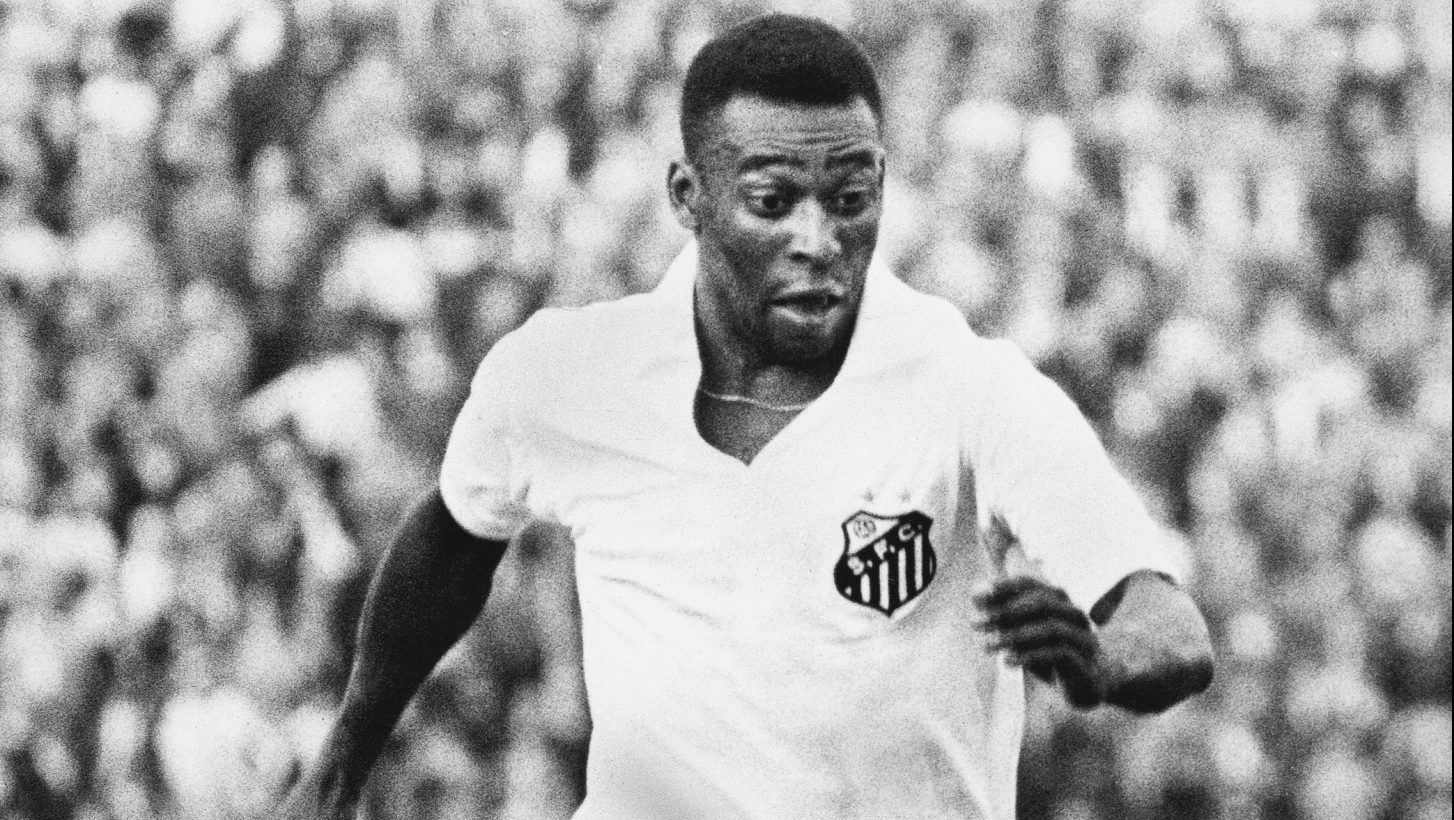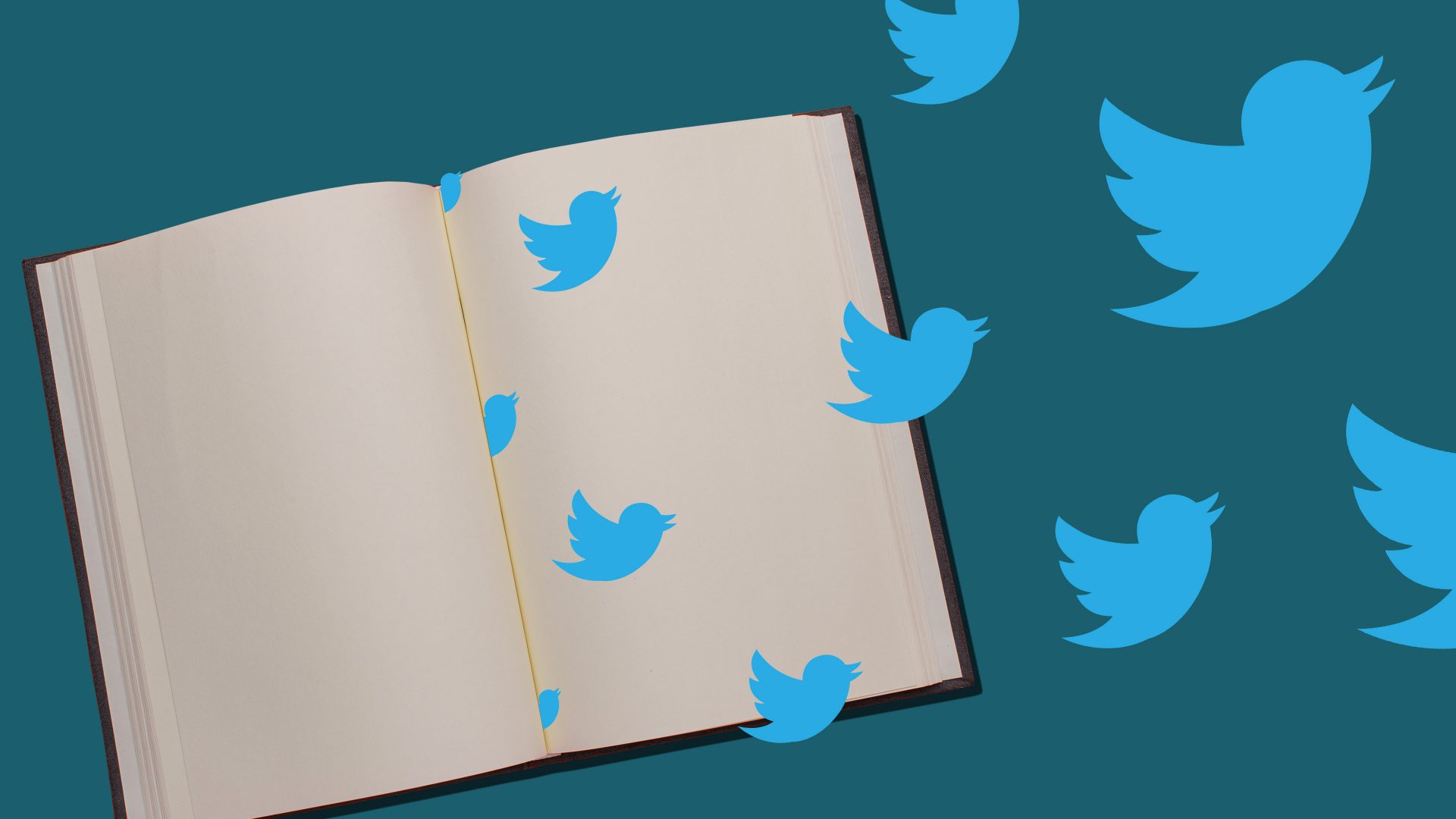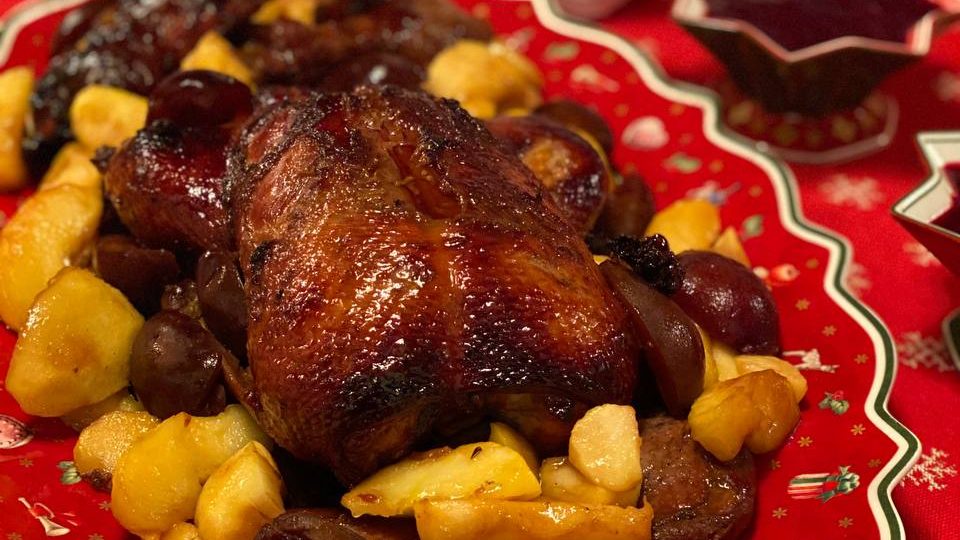All things, even in football, are relative. Pelé, the genius of the game who is now stricken by colon cancer, began this week in a São Paulo hospital named after Albert Einstein, the genius of relativity.
Pelé is 82. He won his first World Cup at 17. Four years ago he identified
with Kylian Mbappé as the then 19-year-old French youth won the trophy in Russia. Earlier this week, Pelé’s family denied reports that he was receiving end-of-life palliative care and said the greatest of them all was hoping to return home soon to watch a sixth Brazilian triumph.
Pelé’s has been the richest of sporting lives, and there are World Cup games this weekend that define the very essence of that phrase. First, on Friday, the Netherlands meet Argentina, whose leader, Leo Messi, is for many of us the most complete player since… well, Pelé. Messi plays in moments now, still beguiling, but at 35 nearing his endgame as a playing genius.
But when Saturday comes there is another match in Doha. Another night
for the new prince, Mbappé, or indeed for the English youth Jude Bellingham who, at 19, dares to believe that this is his time, his tournament.
When we hear Bellingham, the Brummie forging his career in the Bundesliga with Borussia Dortmund, he sounds such a worldly professional,
chastising the media for doubting his far older midfield colleague Jordan
Henderson. And when we see Messi casting around for someone, anyone,
to be his engine in the not-very-vintage Argentine team of today, one name
and one athletic player in the blue and white stripes stands out.
Alexis Mac Allister (as Gaelic as that sounds) has the strength and the good
sense to win the ball in midfield and to get it to the maestro, or, as Mac Allister demonstrated in the group phase, the shot to score if Messi doesn’t.
The name does not deceive. Mac Allister, like his father Carlos, his uncle Patricio, and his brothers Francis and Kevin, are a footballing family born and bred in La Pampa, in central Argentina. Their ancestors were Irish. Alexis, 23, is the first in the family to play in the Premier League, with Brighton and Hove Albion.
He knows, as Messi, Maradona and Pelé all acknowledge, that Brits first gave South America the ball. More than a century ago scholars and businessmen – particularly Scots – went there to build railways or to set up colleges. They introduced Argentines and Brazilians to football.
I once made Pelé chortle by suggesting that since we gave them the ball, it would be nice if once in a while they let us share more of it during World Cups. Later, I tried the same joke on Carlos Saúl Menem, Argentina’s football-crazy president. The response was the same on both occasions: We let you win it at Wembley in 1966, they replied.
Maybe this weekend, if Mbappé and his countryman Olivier Giroud can kindly desist from scoring, we stand a chance. Defences are our common weak points. But Giroud, still underestimated despite scoring so regularly for Arsenal, owes a slight debt of gratitude for his development in London before he joined AC Milan.
Harry Kane versus Giroud. Maybe Kyle Walker matching the extraordinary speed of the French marvel Mbappé. Phil Foden doing what he did at World Under-17 level? That is the joy of expectation in a desert.
Back in time, meanwhile, the gift that the UK so generously gave South America remains beguiling. A century before the Mac Allister family blossomed in La Pampa, Alexander Watson Hutton and Alec Lamont went out to form English language academies in Buenos Aires. Being Scots, and believing that footba’ nourishes the soul, they instituted an alumni sporting rivalry that preceded the Argentine Football Association.
There are footprints everywhere. Messi, the best of this era, will remain in the shadow of Diego Maradona unless he wins this World Cup. And whereas Maradona learned his game in the mud of a shanty outside of Buenos Aires, there is resentment towards Messi in some Argentine quarters because he left his home city of Rosario at 13 to become FC Barcelona’s pride and joy.
Messi is among the few modern greats not to play in the Premier League. However, the Mac Allister family now has one of their offspring in England. Papa Carlos Mac Allister, a player-turned-politician, kicked off his career with Argentinos Juniors, as did his three boys. The best of them is Messi’s new mate Alexis.
Argentinos even attracted Maradona, or rather the Juniors paid the most to tempt his parents to send him there from Villa Fiorito miseria in Lanus outside Buenos Aires. Everyone there knew that as soon as he could walk, Diego was a marvel in the mud or dust.
Messi bypassed the big city football kindergartens. He was born in Rosario
in Santa Fe province 300km (186 miles) north west of Buenos Aires. And there another Scottish ex-pat, Colin Bain Calder, working for the Central
Argentine Railway, forged Rosario Central.
At the same time, Isaac Newell, son of the English founder of the Colegio
Comercial Anglicano Argentino, started Newell’s Old Boys in Rosario in 1903. Famous alumni include Gabriel Batistuta, Jorge Valdano, Mauricio Pochettino and arguably the world’s most scholarly coach, Marcelo Bielsa.
Bielsa (at Leeds United) and Pochettino (Tottenham and Paris St Germain) have gone on to become our teachers. But still we ask, may we have our ball back occasionally?




